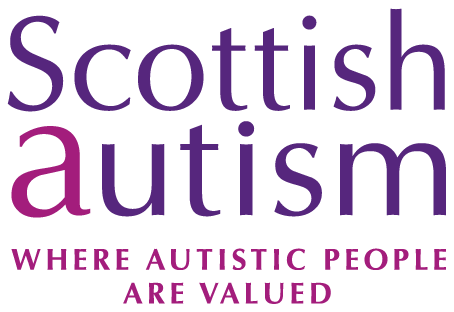Response to Independent Review of Adult Social Care
Dear Derek Feeley,
Chair of the Independent Review of Adult Social Care
I know that you will receive many responses to the review but I wanted to take the opportunity to give some feedback form Scottish Autism.
It was pleasing to see the review play back to us what we and many others believe to be the issues and potential solutions. These are well rehearsed in the review but I pick out what we see as the potential positive implications:
- A human rights based approach with supported individuals included at every level of the system and indeed in the proposed structural change. This could see a real shift towards ‘Nothing About Me Without Me’ - truly person centred health and social care.
- A move from competition to collaboration in the commissioning and procurement of services. Whilst cost at an individual service as well as whole system level will always be an issue this change could fundamentally take us away from the current system which is a race to the bottom on fees.
- A National Care Service (NCS) - not a nationalised care service - with strong governance e.g. an inclusive Board bringing together health and social care as well as supported individuals. We have long called for joined up regulation whether that is by the Care Inspectorate or SSSC. Consistency of commissioning practice etc. across the whole country, especially when it comes to self-directed support, inspection and approaches to integrated health and care can only make our operations ‘easier’.
- Accountability placed in the hands of government including a designated minister for social care. We doubt the accountability gap in many areas of social care would be completely closed by this measure but it would be a start.
- Health and Social Care Partnerships and Integrated Joint Boards strengthened including allocated joint budgets. There is routinely a battle every year between health and social care about the level of budget and the split between health and social care. This should result in the tussle between health and social care lessening.
- An emphasis on Fair Work, valuing the workforce and ensuring that the workforce is supported to develop. If this happens social care work should become a recognised, valued and properly rewarded profession. That could reduce staff turnover and retention with the knock on effect on continuity of care and support at an individual level.
- A recognition of the role and value of the Third Sector. Often overlooked this would move us up the agenda.
- A recognition that there is much in place now e.g. self-directed support that puts the supported individual at the heart of decision making about the services they receive, that needs ‘top down’ direction if it is to work consistently across the whole country. We need change but sometimes making what we have in place now work effectively would go a long way to achieving that.
We have some concerns, which are less about the review recommendations, than about how acceptance and implementation might play out:
- The review has already met opposition from both the Conservatives and Labour Parties as well as COSLA. The shift away from local authorities as the ‘power houses’ in the commissioning and delivery of social care may be much contested even though the review does acknowledge the value of localism and community assets.
- COSLA’s very vocal response has been focused on any additional monies being distributed to them as they see this as the solution with no acknowledgment or reflection on the current deficits of the systems and structural changes and reorganisation needed.
- Maintaining momentum may be difficult as we approach the elections in May.
- The extra resources required might not be forthcoming in a post pandemic economy especially those needed to truly recognise the value of the social care workforce.
We will continue to make responses via the Coalition of Care and Support Providers in Scotland (CCPS). Much of the success of the review will depend on legislation as well as the commitment of the government to see it through. There would be a danger if only ‘parts’ of the review gained traction.
Finally thank you for your engagement with our sector and with Scottish Autism.
Yours sincerely
Dorry McLaughlin
Chief Executive




